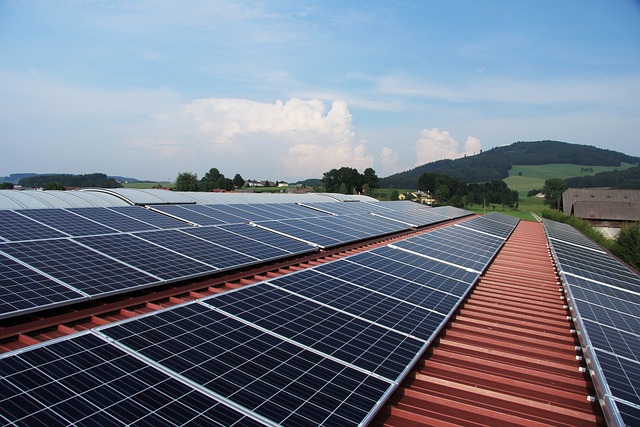In an era marked by a growing emphasis on sustainable practices and a heightened awareness of climate change, the solar energy market has emerged as a key player in the global shift toward renewable energy sources. As technology advances and public interest in clean energy intensifies, several trends are shaping the trajectory of the solar energy market. In this blog post, we’ll explore some key trends illuminating the future of solar energy.
Advancements in Solar Technology
One of the most prominent trends in the solar energy market is the continuous evolution of solar technology. Researchers and engineers are consistently pushing the boundaries of efficiency, durability, and cost-effectiveness. Innovations such as next-generation solar panels, advanced materials, and breakthroughs in energy storage are enhancing the overall performance of solar systems. As a result, solar energy is becoming more accessible and economically viable for a broader range of applications. The largest solar farm in USA, sprawling across thousands of acres and harnessing the sun’s power with state-of-the-art technology, stands as a beacon of the nation’s commitment to renewable energy and a shining example of the scale solar power is advancing.
Declining Costs of Solar Installations
A significant driver of the widespread adoption of solar energy is the decreasing cost of solar installations. Over the past decade, the cost of solar panels has plummeted, making solar energy more affordable for consumers and businesses alike. Government incentives, tax credits, and favorable financing options further contribute to the cost-effectiveness of solar installations. As a result, more individuals and organizations are choosing solar power as a financially attractive and environmentally responsible energy solution.
Rise of Solar Energy Storage Solutions
One of the challenges historically associated with solar power has been its intermittency—solar panels produce energy when the sun is shining but not during the night or cloudy days. The rise of energy storage solutions, such as advanced batteries, is addressing this challenge. Energy storage allows excess energy generated during sunny periods to be stored for later use, providing a consistent power supply. This trend enhances the reliability of solar energy and facilitates the integration of solar power into existing energy grids.
Smart Solar Technologies and IoT Integration
Integrating Internet of Things (IoT) technology into solar systems is another trend reshaping the industry. Smart solar technologies leverage data analytics and real-time monitoring to optimize energy production, identify maintenance needs, and enhance overall system efficiency. These advancements, from smart inverters to intelligent energy management systems, are making solar installations smarter and more responsive to changing conditions. This trend aligns with the broader movement toward smart and sustainable cities.
Corporate Commitments to Renewable Energy
A growing number of corporations are recognizing the importance of sustainability and are making significant commitments to renewable energy, with solar power often at the forefront. Companies are investing in large-scale solar installations to power their operations, reduce carbon footprints, and meet ambitious sustainability goals. These corporate initiatives contribute to the solar energy market’s growth and signal a broader shift toward environmentally conscious business practices.
Conclusion
The solar energy market is experiencing a transformative period, driven by technological advancements, cost reductions, and a global push toward sustainability. As solar power becomes increasingly competitive with traditional energy sources, its role in the global energy landscape is poised to expand further. From innovations in solar technology to the integration of smart solutions, the trends shaping the solar energy market are not only fostering environmental stewardship but also unlocking new economic opportunities for individuals, businesses, and communities worldwide. As we navigate the challenges of the 21st century, the radiance of solar energy continues to shine brightly, lighting the way toward a more sustainable future.









